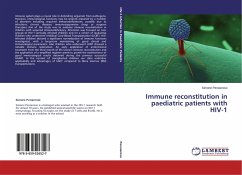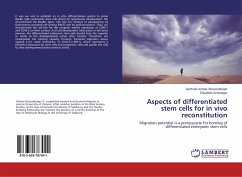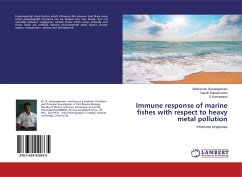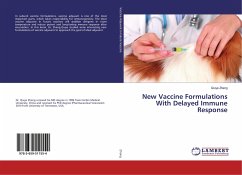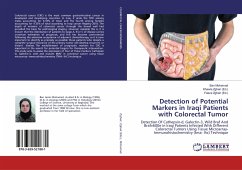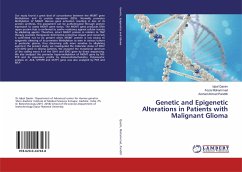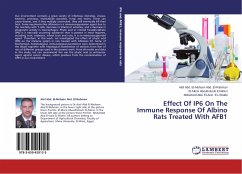Immune system plays a crucial role in defending organism from pathogens. However, immunological functions may be severely impaired by a number of disorders including acquired immunodeficiencies, possibly due to infections, chronic diseases, immunosuppressive drugs or surgeon therapies. Aim of the study was to evaluate immune reconstitution in children with acquired immunodeficiency. Attention was focused on two groups of HIV-1 vertically infected children and on a cohort of leukaemia children who underwent Umbilical Cord Blood Transplantation (UCBT). HIV-infected children showed a significant normalization of immune functions investigated, with a long-term maintaining of good clinical and immunological parameters. Also children who underwent UCBT showed a notable immune restoration. An early application of antiretroviral treatment from the third month of life favours immune reconstitution and the application of a simplified regimen seems to permit the maintenance of good immunological results obtained during the previous successful HAART. In the context of transplanted children our data underline applicability and advantages of UBCT compared to Bone marrow (BM) transplantations
Bitte wählen Sie Ihr Anliegen aus.
Rechnungen
Retourenschein anfordern
Bestellstatus
Storno

